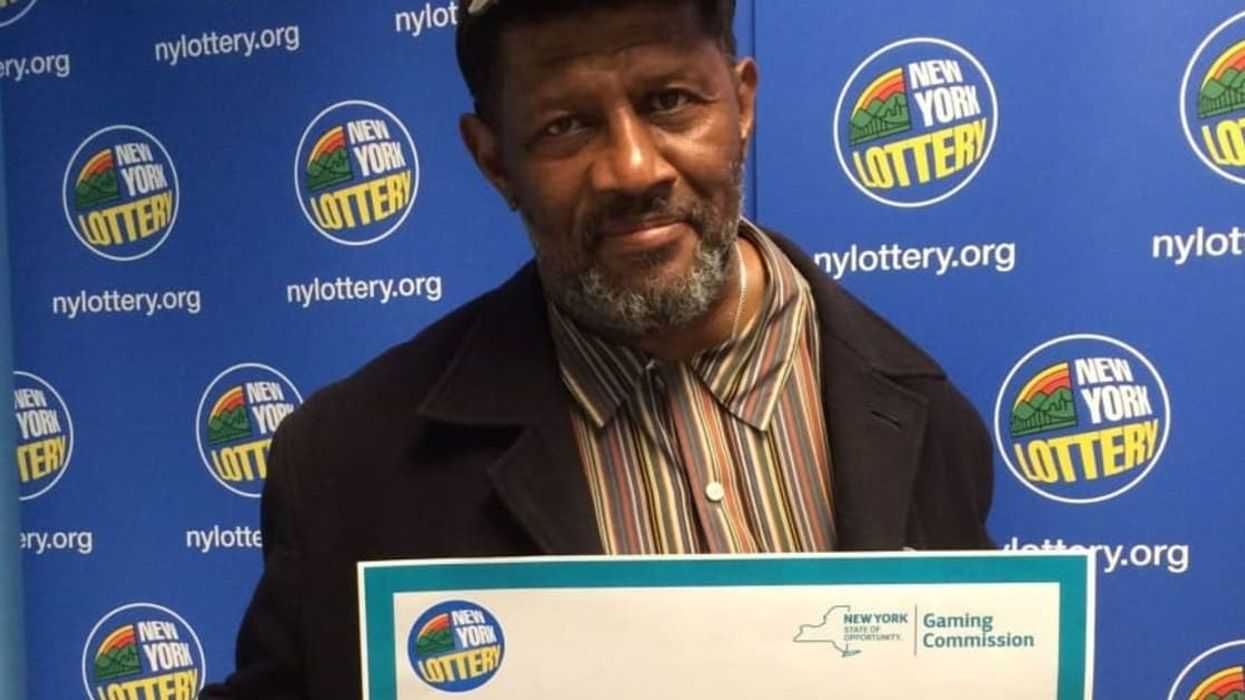This fall, the United Nations is preparing to launch its 17 Sustainable Development Goals—an extraordinary action plan to solve the world’s biggest problems by 2030. Over the coming months, we’ll be connecting with The Local Globalists: 17 nonprofit founders, entrepreneurs, and social innovators who are working every day, wherever they are, to turn one of the U.N.’s #globalgoals into reality.
Goal 3: Ensure healthy lives and promote well-being for all at all ages.
Next to a Papa John’s off the 10 freeway, in the heart of a notorious Los Angeles food desert, nutrition support groups gather at Groceryships to share plant-based recipes, learn about healthy habits, obesity, and food addiction, and are able to buy radically healthy ready-to-eat meals for $2 or $2.50, a rate that someone on food stamps can afford. Founded by Sam Polk, a former Wall Street trader, Groceryships was originally a scholarship program for groceries, which eventually grew into an educational food support network that thrived at Homeboy Industries, L.A.’s Promise, and St. John’s Wellness, spreading by word of mouth through mothers motivated by health in churches, clinics, and schools.
Polk decided to focus on food because as a kid, he was bullied for being overweight. Food addiction wasn’t foreign to his family; his father, a kitchen cabinet salesman, had diabetes, and his mother, a nurse practitioner, eventually underwent bariatric surgery. Polk’s addictive nature eventually led him down a path of battling drugs and alcohol, then transferring his dependence to trading bonds and credit default swaps on Wall Street. After profiting off the market crash of 2008, then seeing how his boss was more concerned about the money his company was going to lose from new hedge-fund regulations, Polk realized his need for money, power, and control was contributing to the toxic disparity between the rich and poor. He wanted to do something about it, so he turned to his original addiction: food.
While globally, healthy meals can sometimes be found at less than $2, Groceryships is focusing on a hyperlocal issue in the heart of a city where rents are higher than nearly anywhere else in the United States and many people are struggling to make things work by taking on two or more jobs. As celebrity SNAP challenges mock the intersections of a very complicated poverty issue, Groceryships aims to combat what food banks aren’t—ensuring healthy lives and promoting the well-being of all ages by targeting the host of health problems associated with eating processed foods.
“We really want to see if there’s a strong demand if we offer incredibly healthy, chef-created menus at a price that’s consistent with what low-income communities are already paying for food,” Polk says. And through support groups, Polk is seeing interest. Talks on food addiction have helped some Groceryships members learn healthier ways of refining recipes, like using less salt, revising grocery lists through learning how to read food labels, or resisting the temptation for sugar through prayer and meditation.
Polk’s impossible dream is to nix the idea that eating healthy is too expensive, and he’s starting by targeting the communities who believe it the most, simply because they haven’t had the access or knowledge. In a way, he’s going backwards. Rather than trying to get funding by creating a product privileged people can buy, then putting half the proceeds towards his cause, he’s first bringing low-income communities together to be a part of the process of figuring out the meals they want to eat, that are culturally appropriate for them. And, as a result, they are creating meals that are more diverse and interesting, like cucumber and tomato salad with chili pepper, brown rice cinnamon breakfast bowls, lettuce-wrapped black bean burgers, egg tortillas, and broccoli pasta. The next step will then be to bring these meals to communities that can afford to pay $7 per meal, and let them know that they are financing a program that’s bringing the same meals to South Los Angeles at a more affordable price.
Ultimately, Groceryships sees a future in which easy access to delicious, healthy food is seen as a basic human right. Although they’re starting small by creating 60 healthy meals per day in their pilot social enterprise program, they’re getting feedback from their support groups and will eventually be featured in Los Angeles farmer’s markets and their own store at 1101 W. 23rd St. To contribute to Groceryships’ cause, you can donate, volunteer your skills as a health coach, graphic designer, or coder, and you can spread the word to those who would benefit.
“Food is something that, in one form or another, we purchase every single day, multiple times a day. It’s one of the most prevalent actions between people and the outside world, so it’s hard to oversell how critical a component to health and happiness food is. The challenge is we want to limit our chefs to whole plant-based food, and then see what they can create. In the near term, that’s whole grain, green bowl concepts, but over 15 years, I would love to see this food business transform into convenient, inexpensive, fast choices for healthy eaters everywhere. The world is ready for an organization or company to curate healthy, on-the-go food at an affordable rate,” Polk says.
















 Otis knew before they did.
Otis knew before they did.